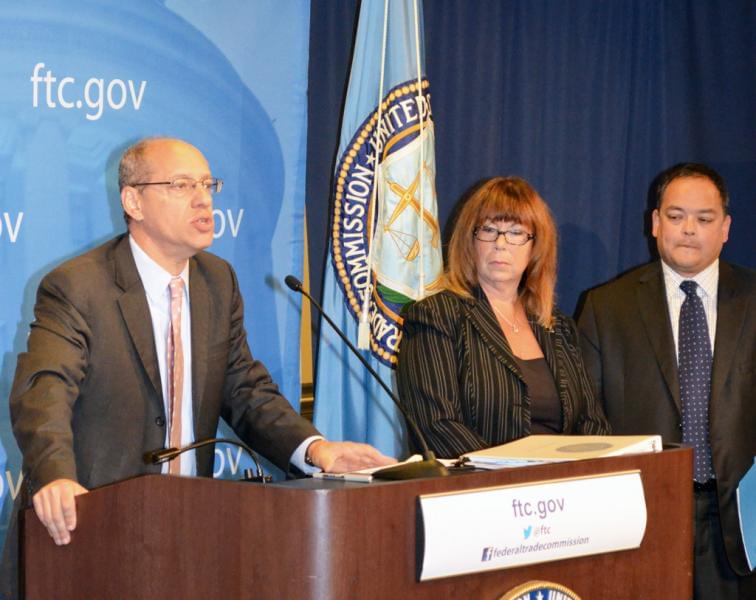Almost a week ago to date, FTC chairman Jim Liebowitz exclaimed, ““At the FTC, Rachel from Cardholder Services is public enemy number one. We’re cracking down on illegal robocalls by bringing law enforcement actions and pursuing technical solutions to the problem.” Well, it seems the FTC has made good on that promise, shutting down five companies in Arizona and Florida deemed responsible for millions of these calls. The agency estimates that the five companies raked in roughly $30 million via the robo-call operation and said similar telemarketing scams in United States take in upwards of $100 million.
Call it a small victory as the war against Robo-Callers wages on – The FTC has smoked Rachel and her cohorts out of their scamming foxhole. Being a witness, but not a victim, I’ve received these calls from “Rachel” and the “Cardholder services” collective, offering the allure of lower credit card interest rates. Victims of the VoIP scam calls have reportedly relinquished (individually) as much as a few hundred dollars to $3000, reeled in by a money-back guarantee. Unsurprisingly, consumers who received pretty much nothing and later complained to the companies found it difficult, if not impossible, to get their money back, according to the FTC.
The FTC’s decisive action comes a couple of weeks after it held a daylong Robocall Summit that got together FTC staffers, digital security experts, academic researchers and phone company executives. “By deceptively pitching phony products and services such as debt reduction programs and mortgage modification scams, these bottom feeders are not only disturbing our peace… but they are also stealing our money,” Leibowitz said.
Of course, this case required some footwork, and the grand prize for the perfect solution to these scammers is still on the table. Think you have a bright idea for stopping illegal robo-calls? The FTC is offering a $50,000 prize as part of its Robocall Challenge. Develop a solution that will block illegal robocalls on landlines and/or mobile phones and can operate on a proprietary or non-proprietary device or platform. Entries can be proposed technical solutions or functional solutions and proofs of concept.





